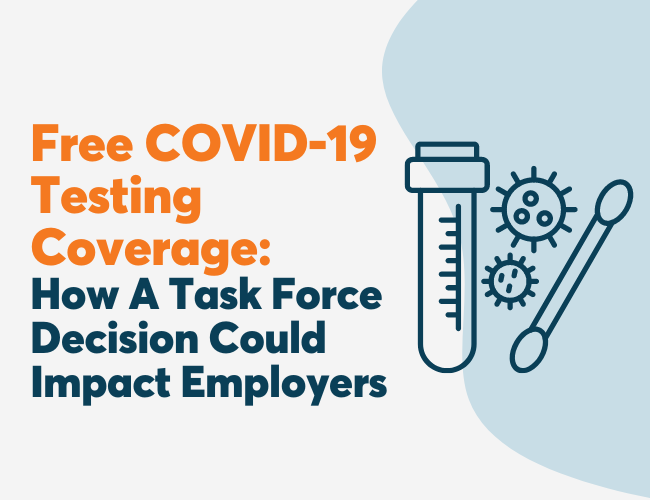A law signed by Texas Governor Greg Abbott will provide limitation on liability for employers who establish and maintain employee wellness programs. Recognizing the adverse impact wellness compliance uncertainty is having on corporate wellness adoption, the Texas legislature passed H.B. 2390, which will prohibit civil liability for the establishment of an employee wellness program unless the program is deemed discriminatory or the lawsuit is based on intentional or reckless conduct.
Specifically, H.B. 2390 amends the Texas Civil Practice and Remedies Code by defining an employee wellness program as a “program established by an employer that provides an incentive to an employee that promotes wellness or a healthy lifestyle.” It also states that “a civil action may not be brought against an employer for establishing, maintaining, or requiring participation in an employee wellness program unless: (1) the program discriminates on the basis of a prior medical condition, gender, age, or income level; or (2) the cause of action is based on intentional or reckless conduct.” Section 142A.002 further provides that “[t]his section does not create a cause of action or expand an existing cause of action.”
Although this state legislation does not alter the Equal Employment Opportunity Commission’s (EEOC) position or an employer’s liability for claims under the Americans with Disabilities Act if the program discriminates on the basis of a disability, it does provide clarity and security for employers as it relates to wellness programming. In the wake of EEOC lawsuits against a number of employers, such as Honeywell, many organizations have chosen to refrain from launching or expanding wellness programs until further clarity on wellness compliance is provided. The Federal government is making attempts to define the wellness regulatory framework, but it is coming at the cost of employers waiting to launch programs. This is the first case of a state seeking to proactively provide clarity so employers within its borders can move into wellness with greater certainty. Perhaps this will entice other states to follow suit or persuade the Federal government to act quicker.












